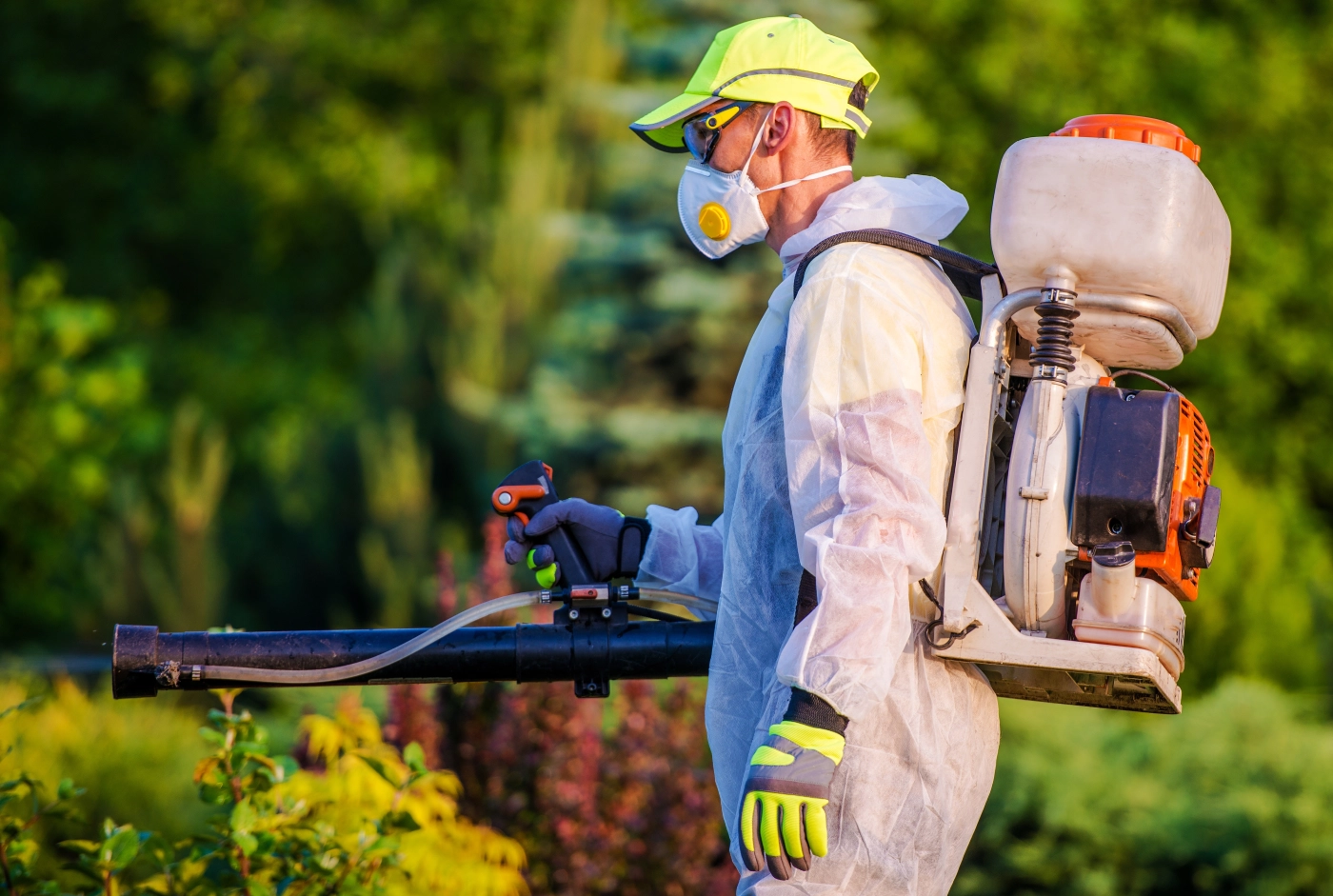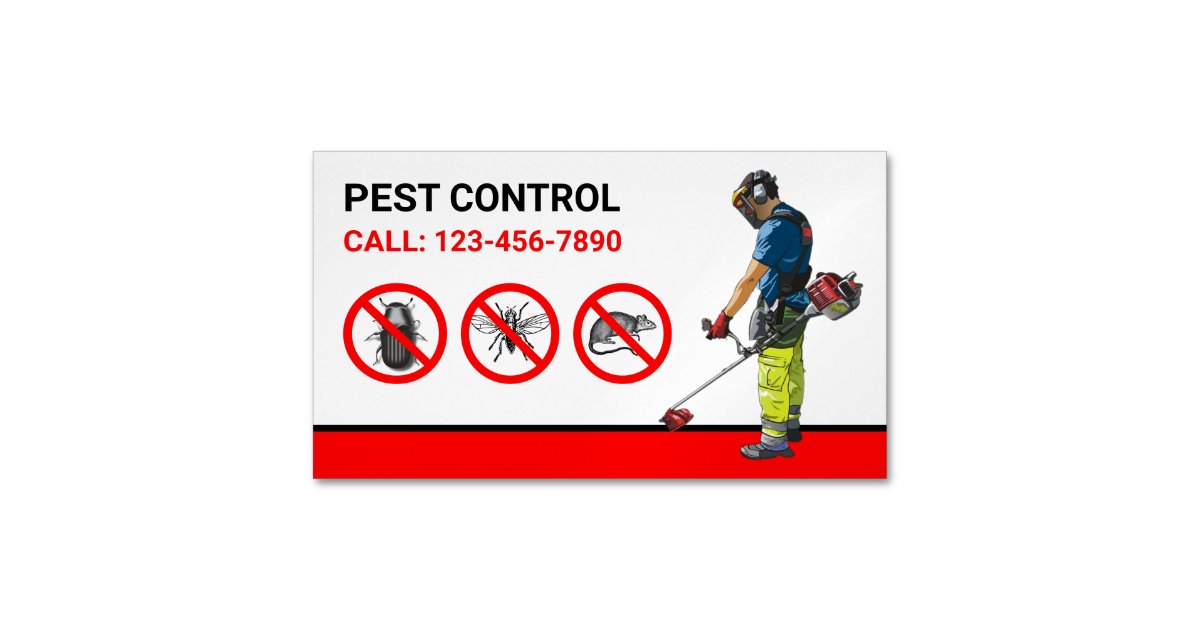Trusted Pest Control Clovis: Protecting Your Home
Trusted Pest Control Clovis: Protecting Your Home
Blog Article
Recognizing the Various Techniques to Pest Control: A Comprehensive Guide

All-natural Parasite Control Approaches
Using eco-friendly methods such as companion planting and organic bug control is important for effectively handling pests in agricultural settings. Friend planting entails growing various crops in proximity to prevent insects, boost nutrient uptake, and enhance total crop health.
Organic pest control entails introducing all-natural predators or microorganisms to control pest populations. Ladybugs, for circumstances, feed upon aphids, regulating their numbers without the requirement for chemical pesticides. An additional example is the usage of Bacillus thuringiensis (Bt), a bacterium that targets certain insect pests while being safe to human beings, animals, and valuable insects.
These green techniques not just reduce the reliance on artificial pesticides however additionally help protect biodiversity and dirt health. By integrating all-natural parasite control techniques into agricultural methods, farmers can attain lasting pest administration while decreasing negative effects on the atmosphere.

Chemical Parasite Control Solutions
In addition to natural insect control techniques, the application of chemical pest control solutions plays a considerable function in successfully taking care of pest populaces in farming settings. Chemical parasite control solutions are formulated to target specific insects that may cause comprehensive damage to crops. These services typically consist of artificial pesticides that are developed to eliminate insects rapidly and efficiently.
One of the key advantages of chemical parasite control remedies is their performance in regulating parasite problems on a big scale. Farmers can apply these solutions using numerous approaches such as spraying, fumigation, or seed therapy to shield their plants from dangerous bugs, weeds, and diseases. Additionally, chemical parasite control remedies are fairly simple to apply and can give quick outcomes, helping farmers safeguard their returns and decrease economic losses.
Nonetheless, it is necessary to use chemical parasite control services judiciously to decrease prospective adverse effects on the atmosphere, non-target organisms, and human health. Correct application methods, adherence to safety guidelines, and regular tracking are essential to ensure the liable usage of chemical bug control options in agricultural techniques.
Biological Insect Control Approaches
Biological insect control approaches take advantage of natural predators or microorganisms to handle bug populaces in farming setups successfully. One typical organic control technique is the intro of all-natural opponents, such as ladybugs or parasitic wasps, to target specific pests.
Another biological control method involves using virus like microorganisms, infections, or fungis to contaminate and kill insects. These microbial agents can be splashed on plants or introduced into the dirt to deal with different insects without harming beneficial pests or various other wildlife. Additionally, making use of scents to interrupt the mating patterns of parasites is one more effective organic control method. By hindering their reproduction, this approach assists to reduce parasite populaces without the need for chemical treatment. Generally, biological parasite control techniques offer a lasting and targeted service to pest management in farming.
Integrated Pest Monitoring (IPM)
Integrated Parasite Administration (IPM) is a thorough method that integrates various insect control approaches to efficiently take care of and minimize pest populations in farming systems. IPM concentrates on long-term prevention of bugs via a combination of biological, cultural, physical, and chemical control techniques. By incorporating these various approaches, IPM aims to minimize dependence on chemical pesticides, decrease environmental impact, and promote lasting bug monitoring practices.
One key aspect of IPM is using biological controls such as all-natural killers, bloodsuckers, and virus to manage pest populations. This method utilizes the power of nature to preserve an equilibrium in between bugs and their all-natural adversaries without creating injury to the setting.
In addition, IPM entails cultural practices like crop rotation, sanitation, and habitat control to produce undesirable conditions for insects and disrupt their life cycles. Physical controls such as traps, barriers, and mulches are also made use of to avoid bug invasions.
Mechanical and Physical Pest Control Strategies
Making use of non-chemical techniques, such as mechanical and physical pest control strategies, is a crucial see it here facet of detailed insect management approaches, constructing upon the foundation of Integrated Pest Administration's holistic approach. Mechanical bug control involves using physical barriers or catches to stop insects from accessing and harming crops or frameworks. This technique can consist of methods like installing displays on windows, making use of row covers in agriculture, or using sticky traps to capture insects.
Physical parasite control methods, on the various other hand, focus on straight eliminating bugs through physical methods. As an example, making use of heat therapies to eliminate bed pests or vacuuming up insects like crawlers or ants can be reliable methods to take care of invasions without making use of chemicals. By incorporating these physical and mechanical parasite control methods right into an Integrated Parasite Management plan, people and professionals can reduce reliance on chemicals while still successfully minimizing and managing pest populations damages.
Verdict

In enhancement to all-natural pest control approaches, the use of chemical pest control remedies plays a considerable duty in Home Page successfully managing pest populaces in farming atmospheres.One of the crucial benefits of chemical insect control remedies is their efficiency in regulating insect problems on a large range.Integrated Pest Administration (IPM) is a comprehensive technique that combines different parasite control techniques to properly manage and lessen pest populaces in agricultural systems.Using non-chemical approaches, such as mechanical and physical parasite control techniques, click this link is a vital aspect of extensive parasite management techniques, developing upon the structure of Integrated Pest Administration's all natural approach. By incorporating these physical and mechanical parasite control techniques into an Integrated Insect Administration strategy, people and professionals can minimize dependence on chemicals while still properly lessening and taking care of pest populaces damages.
Report this page